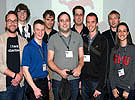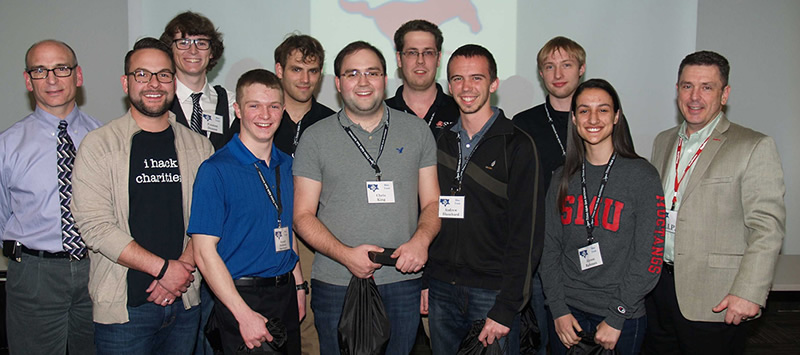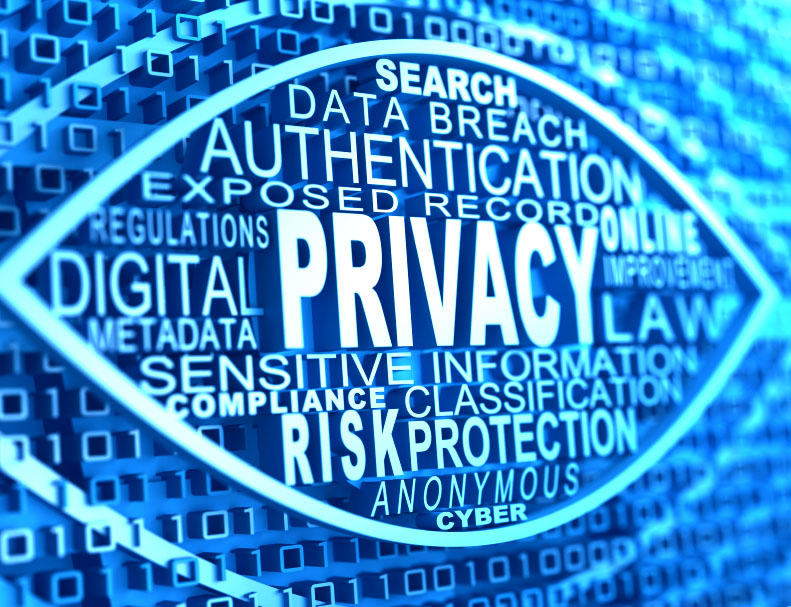Raytheon joins with SMU to train the next generation of Net Ninjas
SMU and Raytheon team up to train the next generation of cyber defenders.

The Hollywood version of a cybersecurity expert is a bespectacled programmer bent over a computer, banging out code.
But for the modern cyber defender, programming is only part of a toolkit that also includes sociology, psychology, law, public policy and an understanding of the world’s financial and information systems.
 SMU's National Collegiate Cyber Defense Competition team at the 2014 regionals. The competition is part of Raytheon's nationwide effort to cultivate cyber talent in colleges. |
“If you only focus on bits and bytes, you don’t hit all aspects of the problem,” said Dr. Fred Chang, director of Southern Methodist University’s Darwin Deason Cyber Institute.
To meet the expanding need for well-rounded cyber defenders, Raytheon has launched dozens of efforts nationwide aimed at cultivating all types of talented university students. They include a new partnership with the Deason Institute, hacker competitions, job fairs and even a program aimed at helping students get government security clearances.
“This is about helping Raytheon get ahead of the curve,” said Kent Pride, director of engineering operations for the company’s Intelligence, Information and Services business. “These students are putting the ‘science’ back into computer science and developing the specialized cybersecurity skills we need in our workforce.”
At the Deason Institute in Dallas, Raytheon is partnering with professors on a multidisciplinary approach to fighting cyber threats. The curriculum combines technology, social science and law.
“We can write all the code we want, but if that code does not impact people socially or conform to law, the goals won’t be met,” said Chris Ayala, a Ph.D. student at the institute.
The school will eventually develop software frameworks that Raytheon can enhance for use in protecting customer networks.
“The current field is very much one that favors the attackers,” Chang said. “Something bad happens and then you have to react. We have to work to get ahead of that problem.”
The program is part of a decade of collaboration with SMU. Fifty-nine Raytheon employees have graduated from the school’s Master of Security Engineering program since it began in 2005.
Many Raytheon employees also mentor students who compete in the Raytheon National Collegiate Cyber Defense Competition. The competition will hold its national finals April 25-27 in San Antonio, Texas.
# # #

